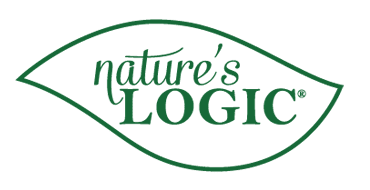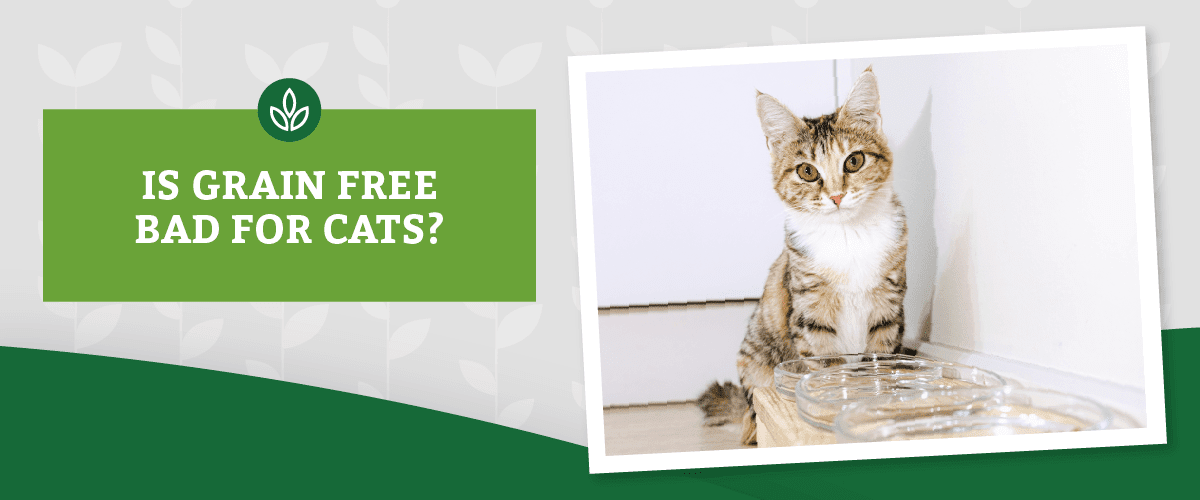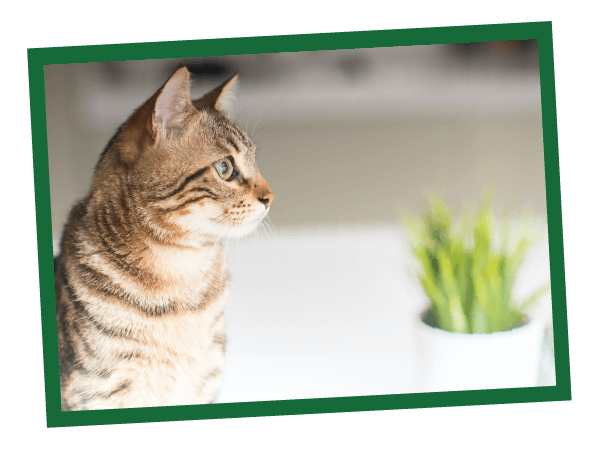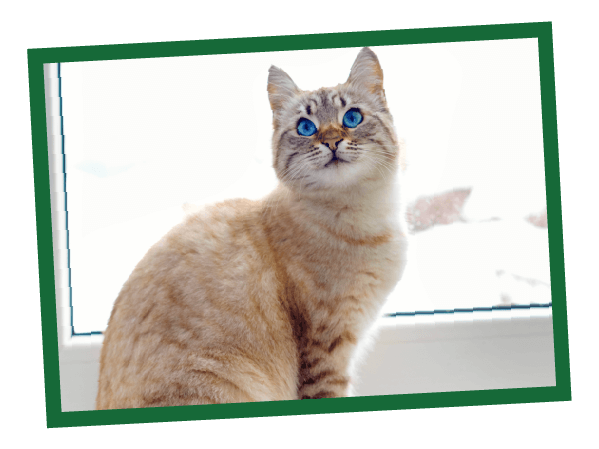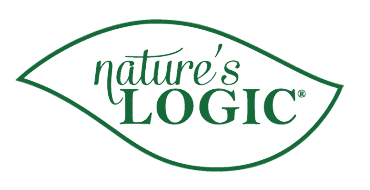The Pros and Cons of Grain Free Cat Food
Grain, a common ingredient in many cat foods, has become a hot topic in the pet food world, with many cat owners asking themselves “is grain free bad for cats?” Below we explore the pros and cons of grain free cat food and provide easy strategies to help you pick a healthy choice for your feline friend.
What is grain free cat food?
Put simply, grain free cat food is dry or canned food that doesn’t include any grain based ingredients, including millet, wheat, barley, rye, corn, oats, or rice. Now, you might be asking yourself why your cat needs grains. Most domestic cats are actually capable of digesting grains and starches and can benefit from the fiber they provide. Many cat kibble recipes include grains, which can act as a binder to keep the food together and, depending on the quality of the ingredient, can be a good source of fiber and healthy carbohydrates.
Benefits of grain free cat food
While grain sensitivities are less common in cats than dogs, they still happen. If your cat has an upset stomach or irritated skin, it may be a sign that they’re dealing with a sensitivity or allergy to grains. Switching to an all natural grain free cat food may help alleviate these symptoms.
There can be many benefits to feeding your cat a whole food based, grain free diet. Domestic cats are considered ‘obligate carnivores’, which means that the animal protein in their diet provides essential vitamins and amino acids, such as taurine and arginine, that they can’t get elsewhere.
By opting for an all natural option, your cat is able to receive the nutrients they need through natural ingredients, without adding synthetic vitamins or minerals.
While grain sensitivities are less common in cats than dogs, they still happen. If your cat has an upset stomach or irritated skin, it may be a sign that they’re dealing with a sensitivity or allergy to grains. Switching to an all natural grain free cat food may help alleviate these symptoms.
There can be many benefits to feeding your cat a whole food based, grain free diet. Domestic cats are considered ‘obligate carnivores’, which means that the animal protein in their diet provides essential vitamins and amino acids, such as taurine and arginine, that they can’t get elsewhere.
By opting for an all natural option, your cat is able to receive the nutrients they need through natural ingredients, without adding synthetic vitamins or minerals.
Drawbacks of a grain free diet
To follow up on our last point: some may think that grain free cat food is automatically higher in protein and lower in carbs than grain inclusive food. This isn’t necessarily the case. Just as some cat foods use grain as a caloric filler, some grain free foods use other starches—like potatoes or legumes—that increase the food’s calorie content.
Grains, particularly whole grains, do offer cats nutritional benefits, including:
-
- Fiber to support healthy digestion
- Vitamins and minerals which help support proper body functions
- Essential fatty acids which help support skin and coat health
On top of that, protein rich grains can supplement the protein sourced from meat in cat foods. Ultimately, you want your cat to be getting the nutrition they need—no more, no less.
Should my cat eat grain free?
It depends! If your cat is sensitive to grains, then there are clear benefits to feeding a grain free recipe. The more important question is whether the type of food you are feeding your cat provides them with the nutrition they need. As obligate carnivores, cats need lots of protein so you want to look for recipes that prioritize animal proteins, regardless of grain content.
Opt for high protein
Look for recipes that are high in animal protein. This usually means that they won’t include tons of grain free starches like potatoes or legumes. One simple way to check if your cat’s food is high in protein is to take a look at the ingredients list. High quality, high protein cat food will have animal proteins, such as turkey, sardine, or rabbit listed as the first ingredient. You should also check the guaranteed analysis to get an accurate look at protein percentages included in the overall recipe.
Avoid synthetics
Many cat foods use synthetic preservatives to keep their food fresh. At Nature’s Logic, we opt for the natural preservative Mixed Tocopherols. This natural preservative is rich in antioxidants, helping keep your cat’s food fresh and flavorful.
Keep it all natural
When choosing a grain free cat food, look for an option that uses all natural ingredients. Cat food free from synthetic additives and heavily processed ingredients can be easier for cats to digest. Additionally, whole food based cat formulas typically have a high nutritional value, ensuring that your furry family member receives all the nutrition they need to thrive.
Grain or no grain, protein is key
Grain sensitivities aside, what matters most is that your cat is responding well to their diet and eating food that is rich in high quality animal protein, with a moderate amount of fat, and a reasonable amount of carbs. If you have questions about offering a grain free or grain inclusive diet to your cat, we suggest talking with your vet.
At Nature’s Logic, all our cat foods are rich in protein to help your feline friend get the nutrients and specific amino acids they need to run, pounce, jump, and play. Our canned foods are naturally free from wheat, corn, rice, soy, and potato, while our dry foods complement high animal protein content with millet, a nutrient rich gluten free whole grain. If you want to learn more about which Nature’s Logic recipe is best for your cat, send us a message. We would love to help!
Grain sensitivities aside, what matters most is that your cat is responding well to their diet and eating food that is rich in high quality animal protein, with a moderate amount of fat, and a reasonable amount of carbs. If you have questions about offering a grain free or grain inclusive diet to your cat, we suggest talking with your vet.
At Nature’s Logic, all our cat foods are rich in protein to help your feline friend get the nutrients and specific amino acids they need to run, pounce, jump, and play. Our canned foods are naturally free from wheat, corn, rice, soy, and potato, while our dry foods complement high animal protein content with millet, a nutrient rich gluten free whole grain. If you want to learn more about which Nature’s Logic recipe is best for your cat, send us a message. We would love to help!
